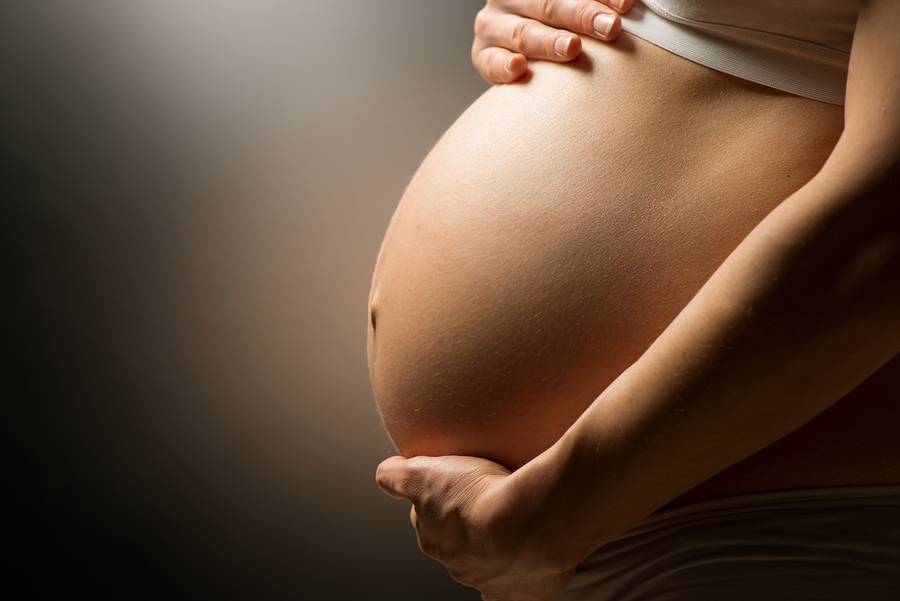According to an article published in the November 22, 2000 issue of Medical Screening (a specialty publication of the British Medical Journal), a pregnant woman with hypothyroidism is four times more likely to have a miscarriage in the second trimester than a woman with normal thyroid function. The study involved over 9,000 women. In slightly over 2% of the women the TSH levels were 6 or greater.
In the group with TSH levels more than 6 (hypothyroid), miscarriages occurred in 3.8% of the pregnancies. In the normal thyroid group miscarriages occurred in only 0.9% of the pregnancies. Also, as the TSH levels went up, so did the instance of miscarriages. Women who had TSH levels higher than 10, had a miscarriage rate of 8.1%.
The researchers state that routine thyroid screening should be part of every prenatal exam. According to the study, six of every 10 miscarriages can be attributed to hypothyroidism.
Other studies among pregnant women with hypothyroidism have suggest a possible connection between placental abruption, premature birth, miscarriage, low birth weight, and hypertension during pregnancy. These other studies were limited to women attending high-risk or specialty clinics and might not have reflected the findings in the general population—there needs to be more research.
About one woman in 50 is thyroid deficient during pregnancy. Nearly 27 Americans are hypothyroid (not all of them pregnant), and half of them are undiagnosed. Hypothyroidism becomes even more prevalent with age; by the age of 60, 1 in 5 women will suffer from a thyroid deficiency. This can cause fatigue, depression, loss of sex drive, and, in general, a poor quality of life. If left untreated, thyroid disease can lead to serious long-term complications such as high cholesterol, heart disease, infertility, impaired IQ in offspring, and now potentially, late miscarriage.






